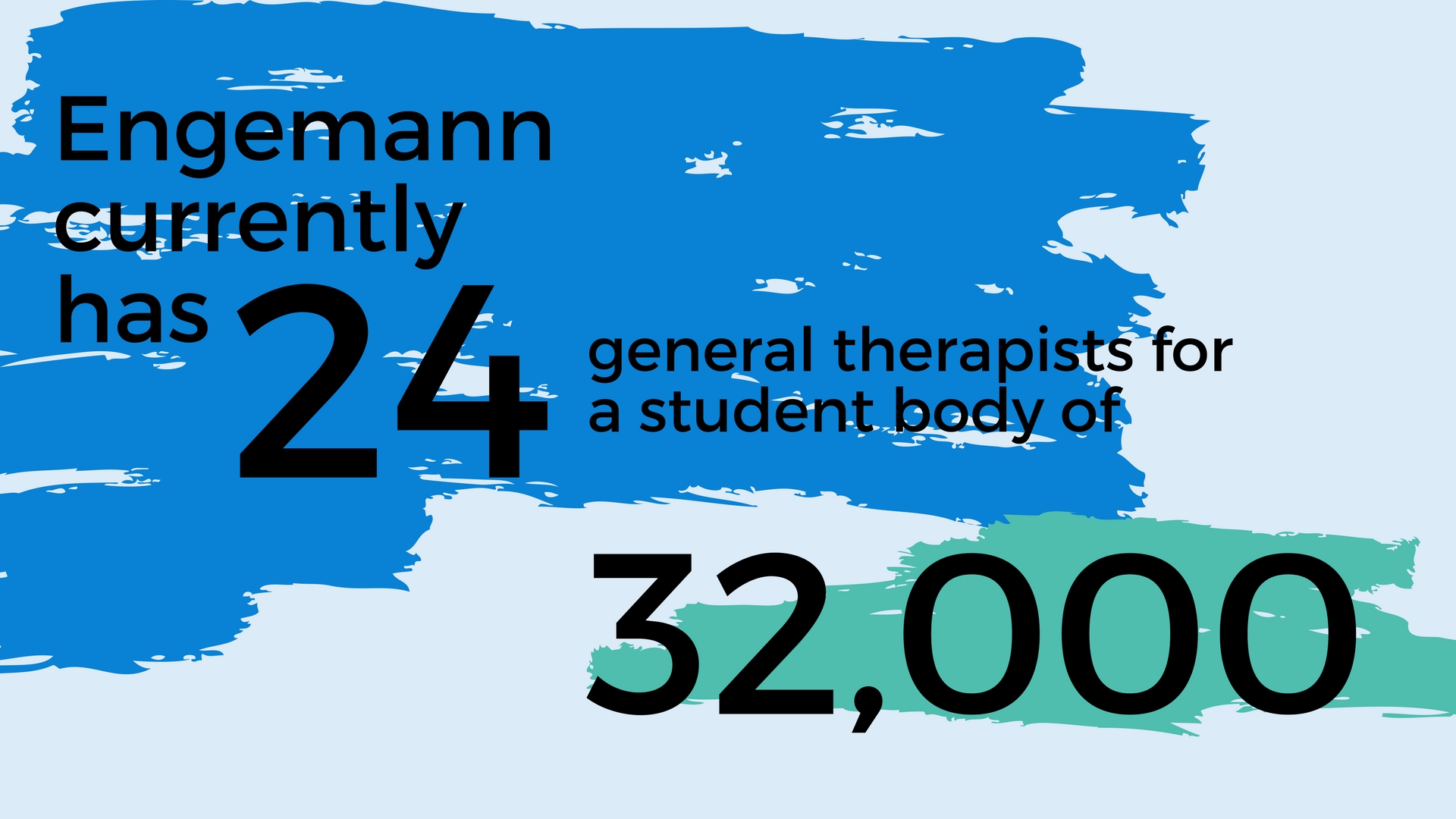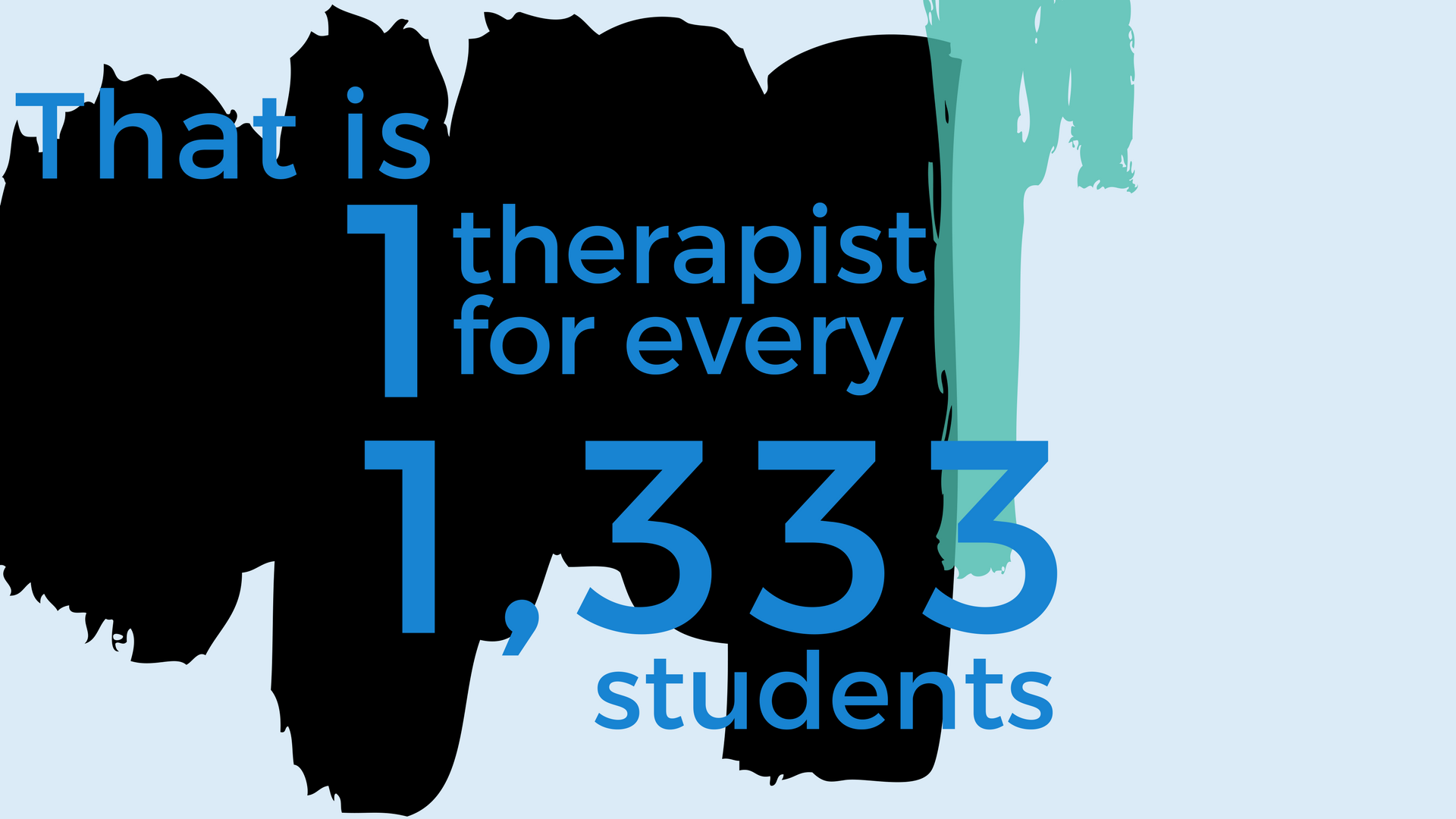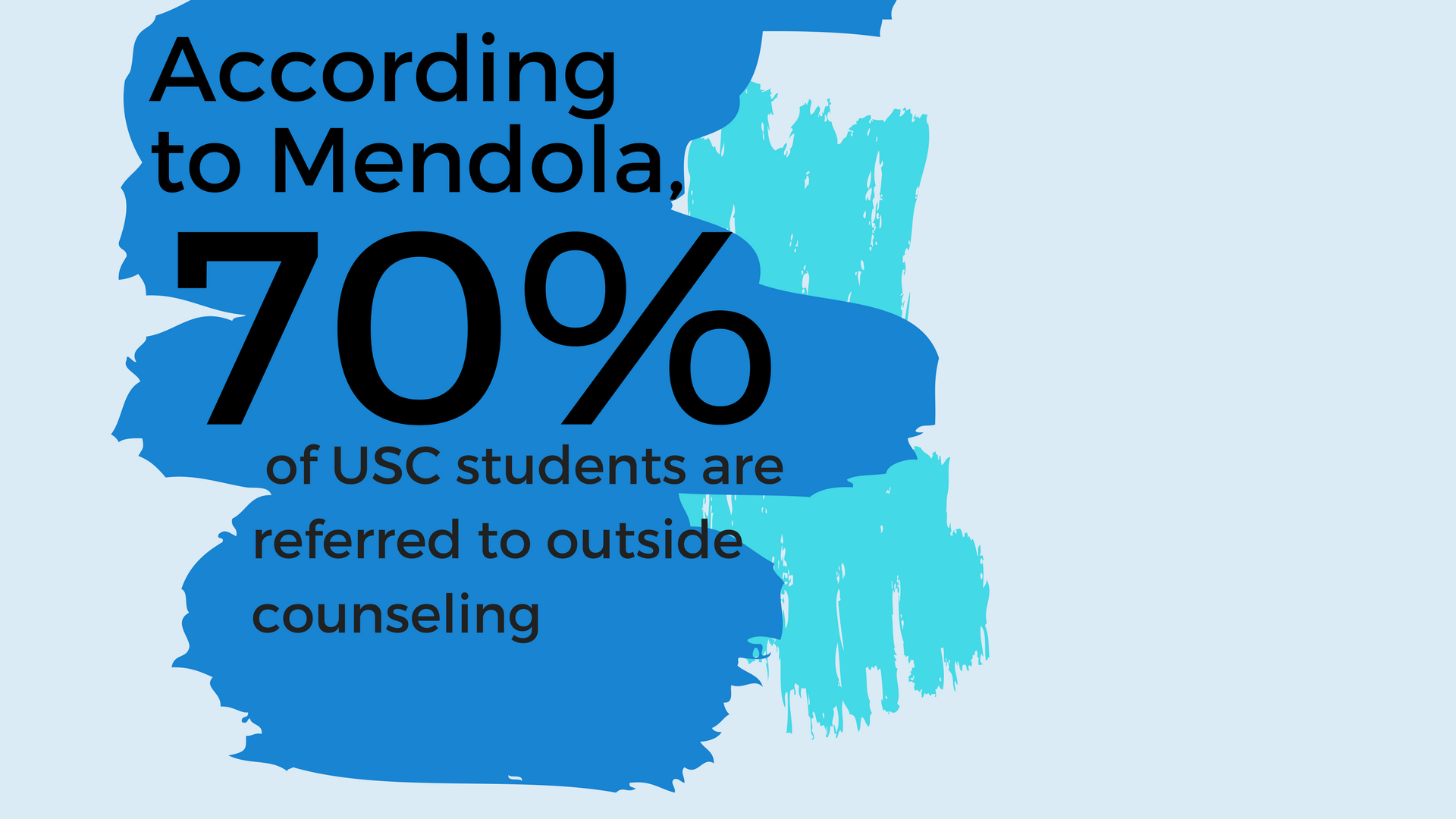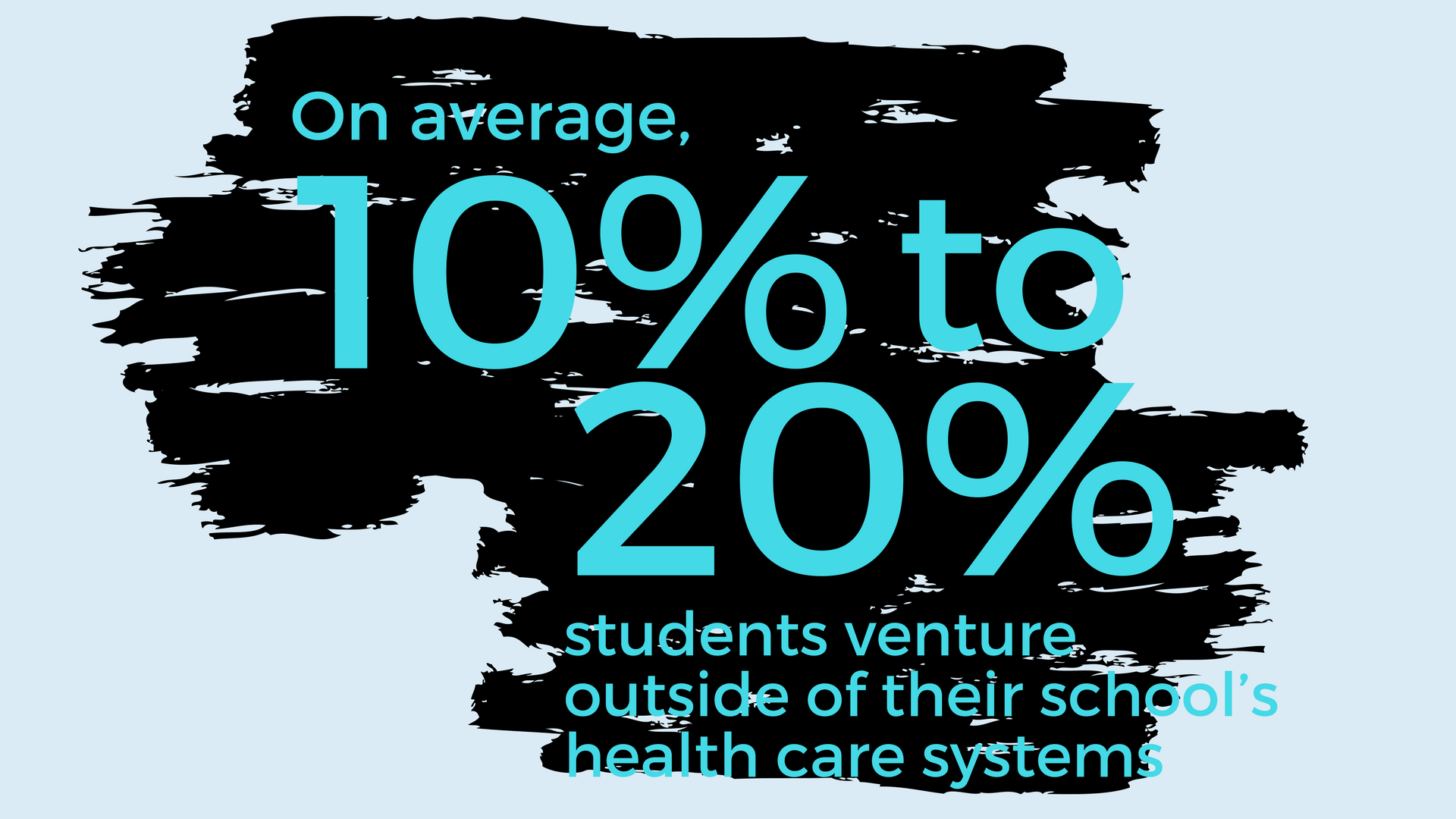Their installment is part of The Keck School of Medicine’s plan to increase administrative oversight of Engemann and Eric Cohen Health Center. This merger aims to allow the student health centers to benefit from the faculty expertise and organization of Keck and address grievances regarding access to care.
“Four is not enough. There will never be enough.” Mendola says. “We probably need 20 more therapists.”
Mendola and his team, along with USC Vice President for Student Affairs Ainsley Carry, are constructing more preventative services and promoting group therapy. Within Engemann, The Office for Wellness and Health Promotion in collaboration with Be Well USC put on a “happy hour” in which students are encouraged to develop self-care and stress management through yoga or tai chi. They also offer a therapy dog, Beau.
Increasingly common on college campuses, these low-intensity preventative services can be effective. Students say they find brief bliss in petting Beau or crunching on a shiny green apple. But for students like Talia R., who did not want to be fully identified for privacy reasons, Engemann’s current “acute care model” means barriers to therapy access, long wait times, and little follow up.



